Top Programming Languages for Mobile App Development in 2024
Swift: The Apple Maestro
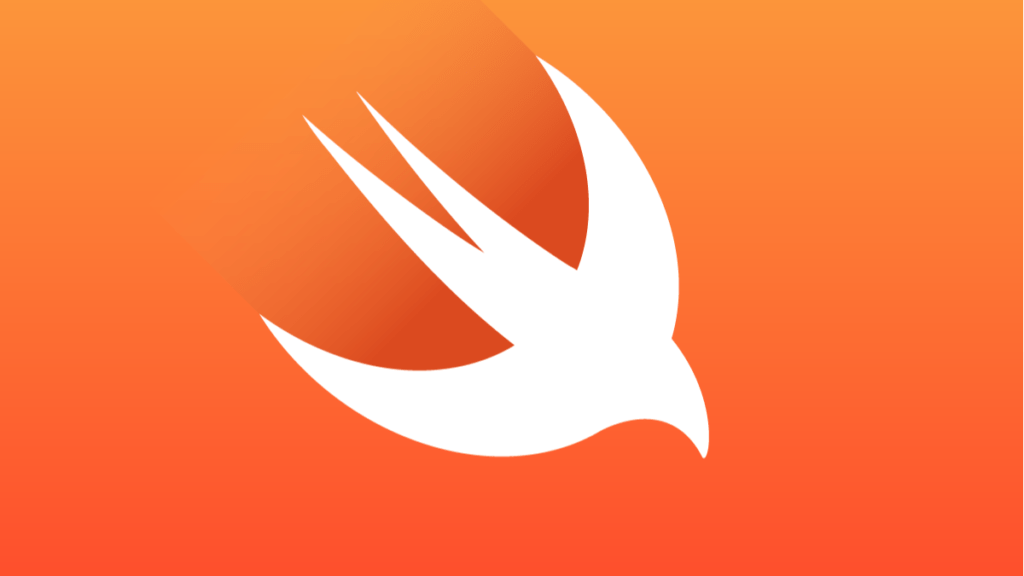
Swift, Apple’s programming language, continues to be a frontrunner for iOS app development. Known for its speed, safety features, and expressive syntax, Swift empowers developers to create robust applications for the ever-expanding Apple ecosystem.
Kotlin: The Rising Star of Android Development
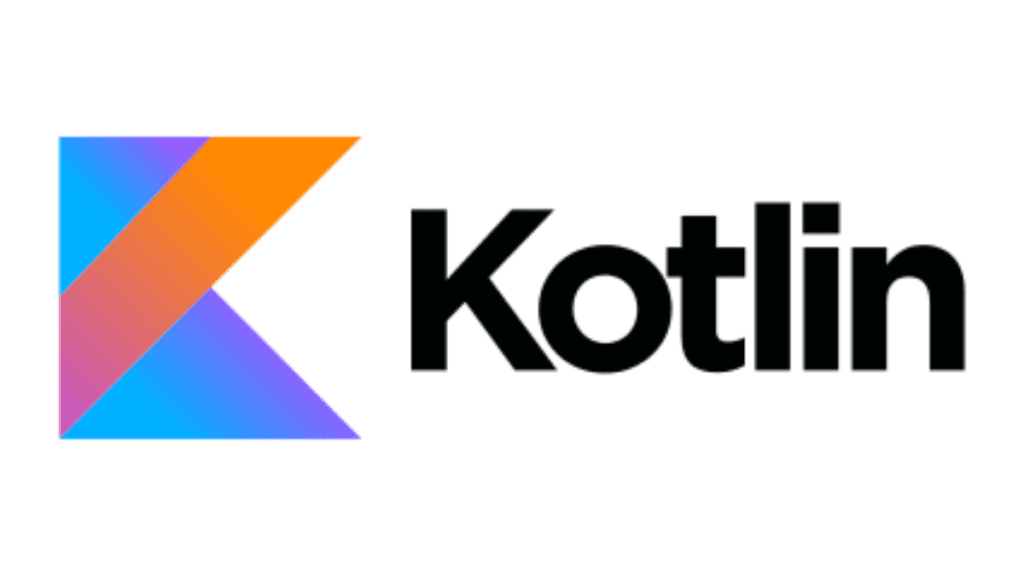
For Android enthusiasts, Kotlin stands out as the preferred language. Recognized by Google as an official language for Android development, Kotlin combines conciseness with interoperability, making it an increasingly popular choice among developers for its enhanced productivity.
Flutter/Dart: Unifying UI for Cross-Platform Brilliance

Flutter, powered by Dart, offers a compelling solution for cross-platform app development. With its hot-reload feature, Flutter allows developers to see changes instantly, providing a seamless experience for crafting beautiful and performant user interfaces across iOS and Android.
React Native: Facebook’s Versatile Framework
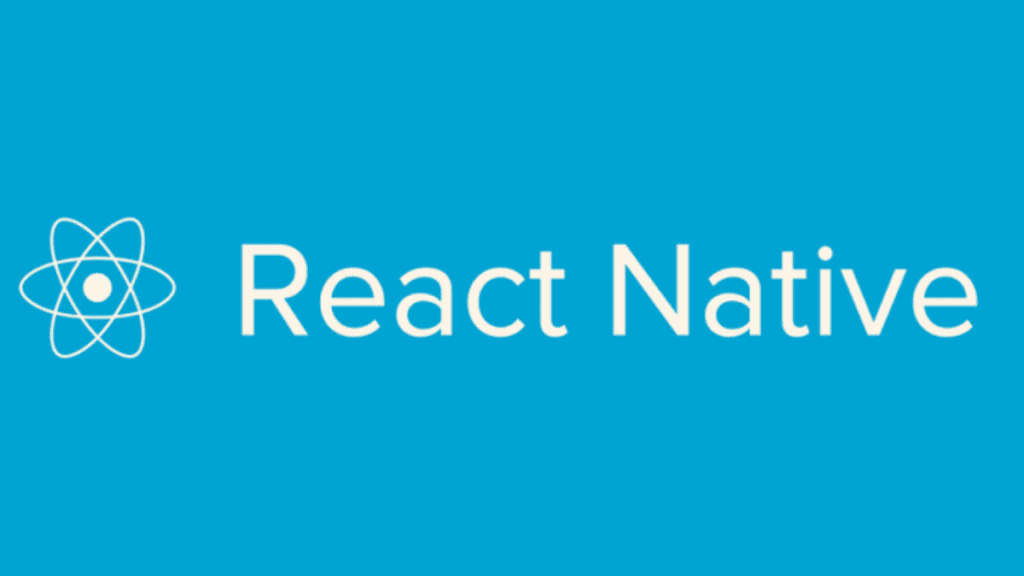
React Native continues to be a go-to choice for developers seeking efficiency in cross-platform development. Leveraging the power of JavaScript, React Native enables the creation of native-like experiences while maintaining a single codebase, saving time and effort in the development process.
Java: The Stalwart for Android Development
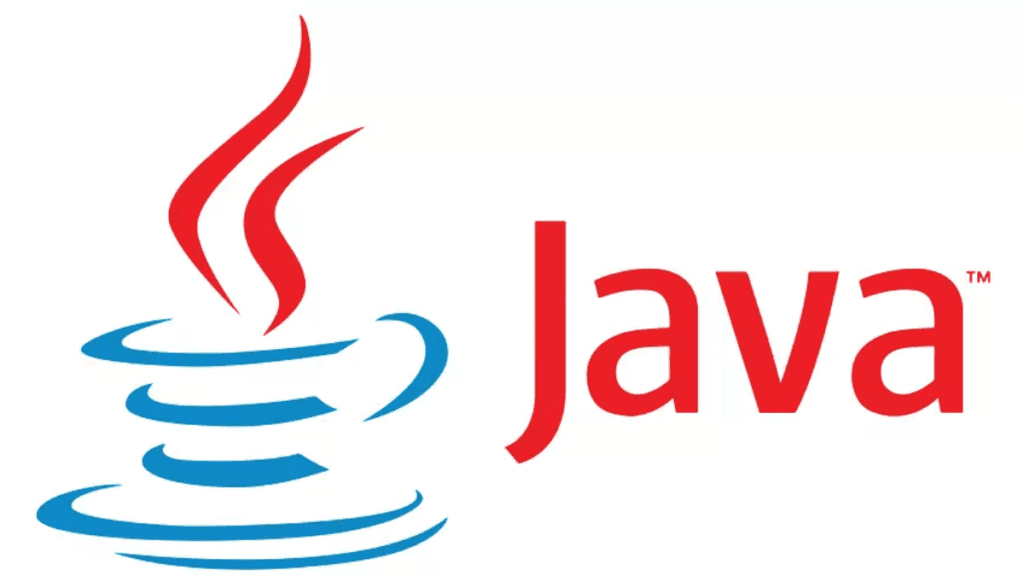
While Kotlin gains traction, Java remains a stalwart in the Android development landscape. Its stability, vast community support, and extensive library ecosystem make it an enduring choice for developers building scalable and reliable Android applications.
Python: Beyond Web, Into Mobile
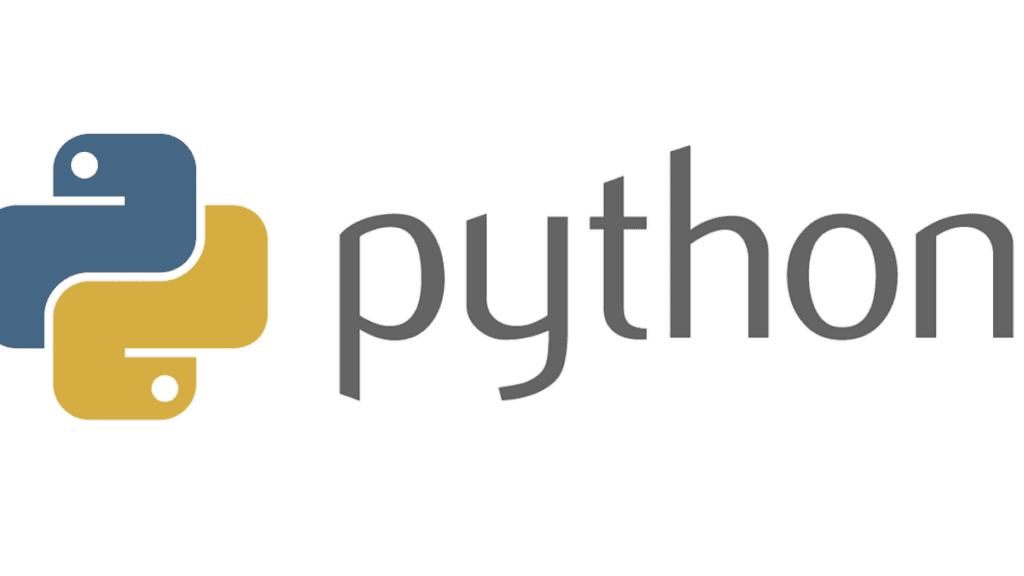
Python’s versatility extends to the mobile app realm. With frameworks like Kivy and BeeWare, developers can harness Python’s simplicity and readability to create cross-platform applications that run seamlessly on iOS and Android.
C#: The Microsoft Touch for Cross-Platform Development
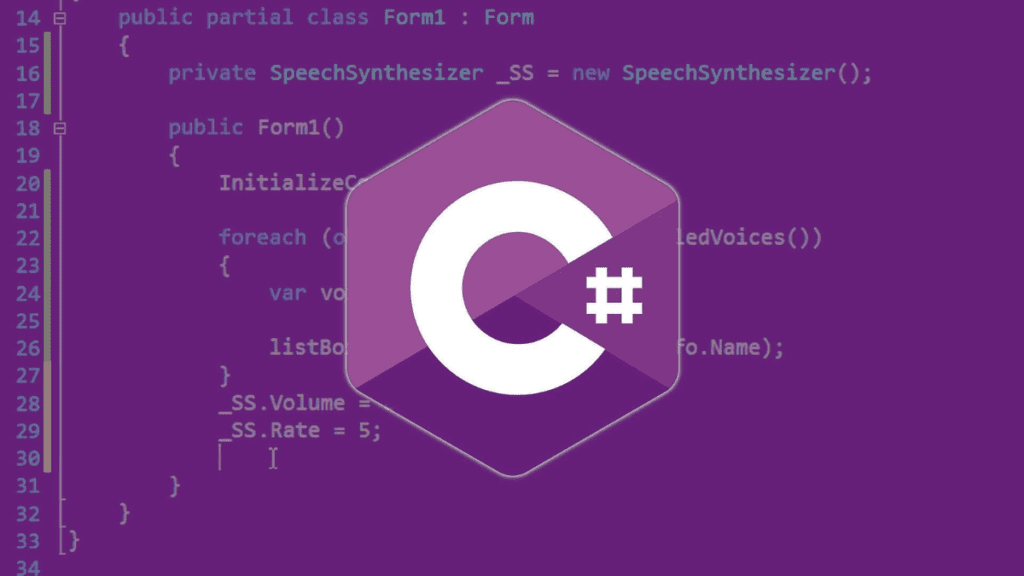
C# has gained prominence with the advent of Xamarin, a framework that allows developers to use C# for building cross-platform applications. With the backing of Microsoft, C# provides a robust and familiar environment for creating powerful mobile apps.
Objective-C: The Legacy Continues
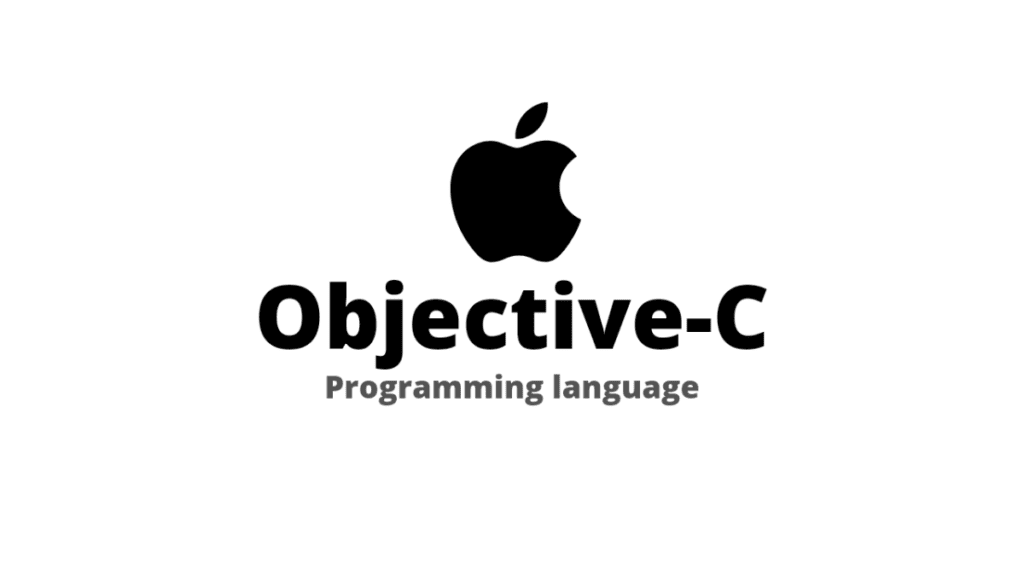
While Swift takes the spotlight for iOS development, Objective-C maintains its relevance. Legacy codebases and projects often rely on Objective-C, showcasing its endurance and importance in the Apple app development ecosystem.
Go (Golang): Streamlined and Efficient

Go, commonly known as Golang, is celebrated for its simplicity and efficiency. As mobile app development trends toward microservices and serverless architectures, Go becomes a preferred language for building scalable backend services that power mobile applications.
JavaScript (Node.js): A Force in Backend Development
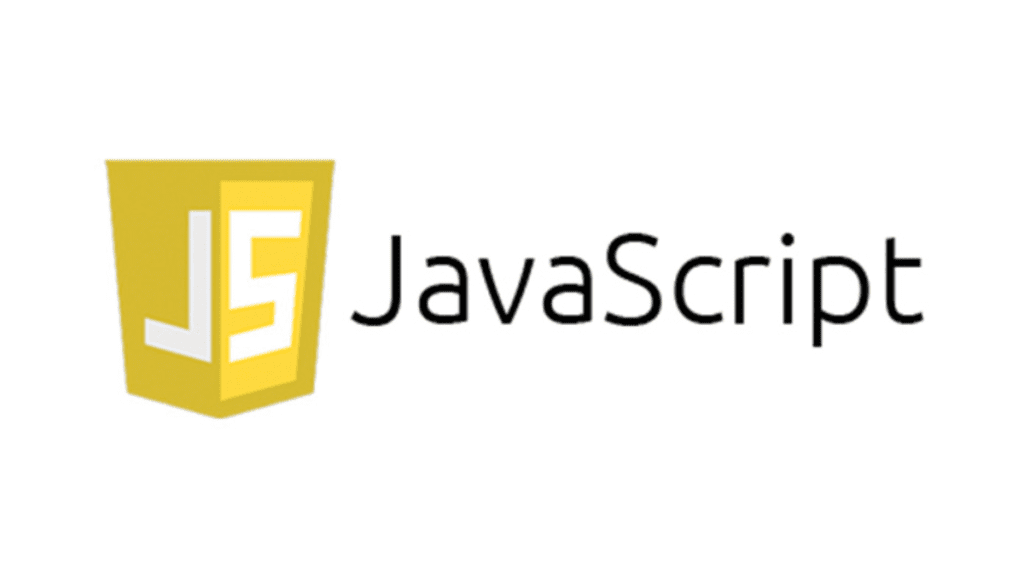
JavaScript’s influence extends beyond frontend development with the rise of Node.js. As a server-side language, Node.js enables developers to use JavaScript for both frontend and backend development, fostering a unified and efficient ecosystem.
Conclusion
The landscape of mobile app development in 2024 is characterized by a diverse array of programming languages, each offering unique strengths and capabilities. Whether developers are focused on native development, cross-platform frameworks, or backend services, the choices available empower them to bring innovative and impactful mobile applications to life. Stay tuned as technology continues to evolve, shaping the future of mobile app development.
For more information, visit Superior Codelabs.
Shaikh Fakruddin is the Founder and CEO of Superior Codelabs.
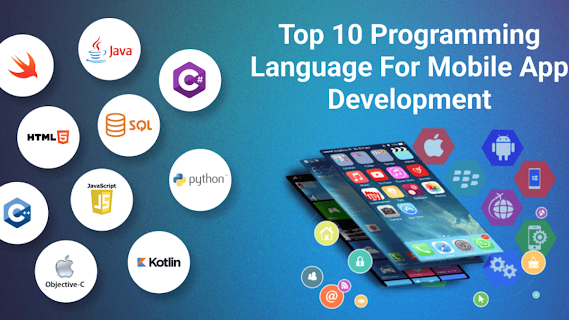



Comments
Post a Comment